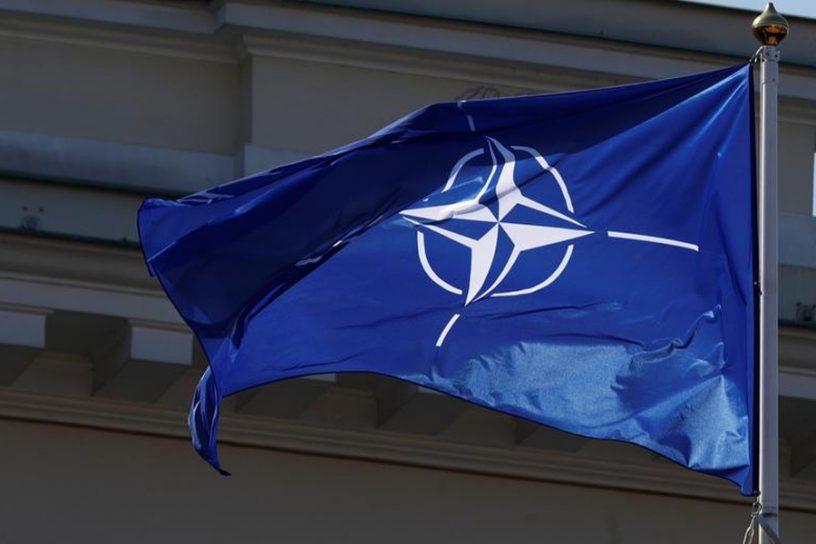
In recent times, NATO has been quite vocal in considering and reaching out to India, but the Indian government has been hesitant.
Authors
Abhinav Mehrotra, Assistant Professor, Jindal Global Law School, O.P. Jindal Global University, Sonipat, Haryana, India.
Biswanath Gupta, Associate Professor, Jindal Global Law School, O.P. Jindal Global University, Sonipat, Haryana, India.
Summary
The US House of Representatives recently approved an amendment to the National Defence Authorisation Act that proposes deepening of India US defence ties. It was an amendment offered by Ro Khanna, a progressive Democrat from California, who has been working on trying to add India as the sixth country to the North Atlantic Treaty Organization (NATO).
In this light, questions arise regarding the relationship India and NATO enjoyed in the past, the possible areas of mutual interest and the points of departure, the role of Quad in all these developments, and the possible way forward for the relationship between the two.
In recent times, NATO has been quite vocal in considering and reaching out to India, but the Indian government has been hesitant. Apart from occasional references to the Atlantic alliance and speeches regarding the security situation in Afghanistan in the past, NATO has not found a place in Indian foreign policy discourse.
Historically, NATO’s alignment strategy stood in contrast to India’s non-alignment, further ignited by the presence of Portugal as a NATO founding member that further distanced India as it sought to regain the Portuguese enclaves in India as well as India’s close association with the Soviet Union further distanced India and NATO. In addition, India’s criticism of the NATO operations in KOSOVO added fuel to the fire.
Published in: CNN-News18
To read the full article, please click here.


